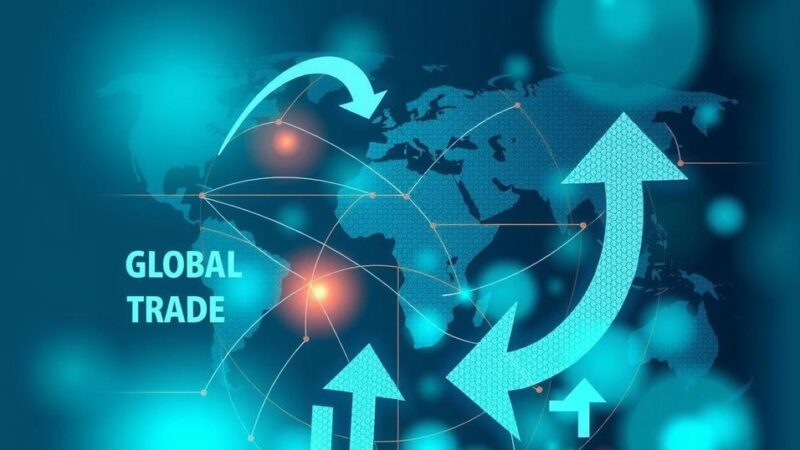President Trump announces reciprocal tariffs on nations like India with high duties on U.S. goods, effective April 2. He emphasizes India’s tariffs as “very unfair” and points out Canada’s tariffs on American products, highlighting a broader trade strategy against high-leveraged tariffs.
In light of ongoing trade tensions with Canada, President Donald Trump has reiterated his concerns regarding India’s elevated tariff rates on American goods. During an executive order signing at the Oval Office, he announced that reciprocal tariffs on countries imposing high tariffs will become effective on April 2. Trump characterized India as a “very high tariff nation,” underscoring his administration’s commitment to imposing equivalent tariffs on countries with heavy duties on U.S. exports.
This marks the second consecutive day Trump has criticized India’s tariffs. During his address to Congress, he labeled these tariffs as “very unfair” and emphasized the need for action against nations that impose significant levies on U.S. products. Further, he outlined that if products are not manufactured in the United States, they may be subject to tariffs under his administration’s policy.
In addition to India, Trump has targeted Canada, particularly highlighting high tariffs on American milk products and lumber. He stated, “Canada charges us 250% for our milk product,” while expressing that the United States does not require Canadian lumber due to having adequate supply domestically. Furthermore, India is currently seeking to negotiate a resolution that could alleviate these tariffs and potentially lead to a trade deal later this year, with Commerce Minister Piyush Goyal in discussions with U.S. Trade Secretary Howard Lutnick.
In summary, President Trump’s assertions regarding India’s high tariffs and his announcement of reciprocal tariffs underscore a significant stance against countries imposing heavy duties on American goods. Alongside this, his comments on Canadian tariffs reflect a broader strategy of tariffs in international trade relations. The forthcoming negotiations between U.S. and Indian officials may yield important outcomes for future trade agreements.
Original Source: www.hindustantimes.com






